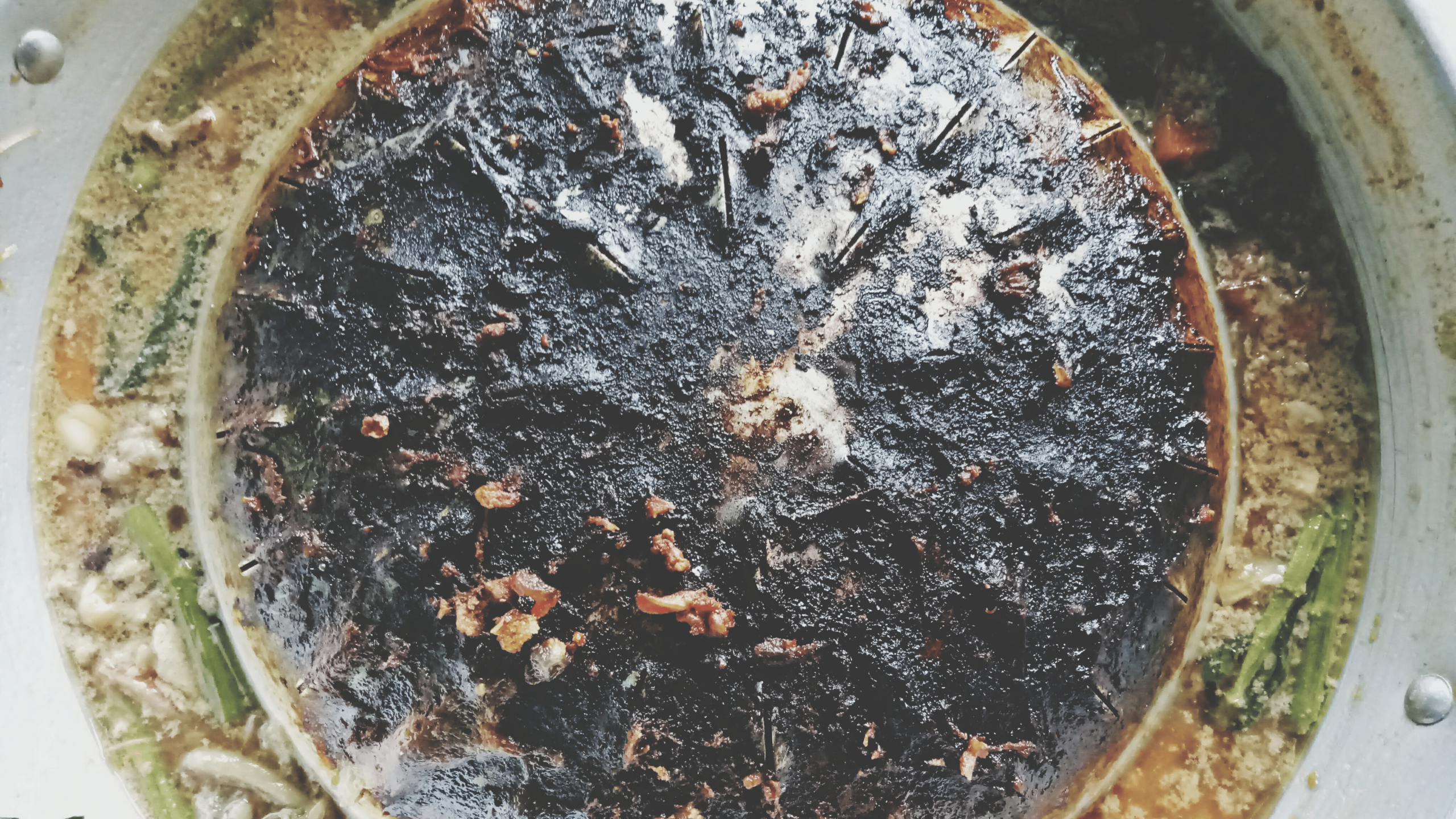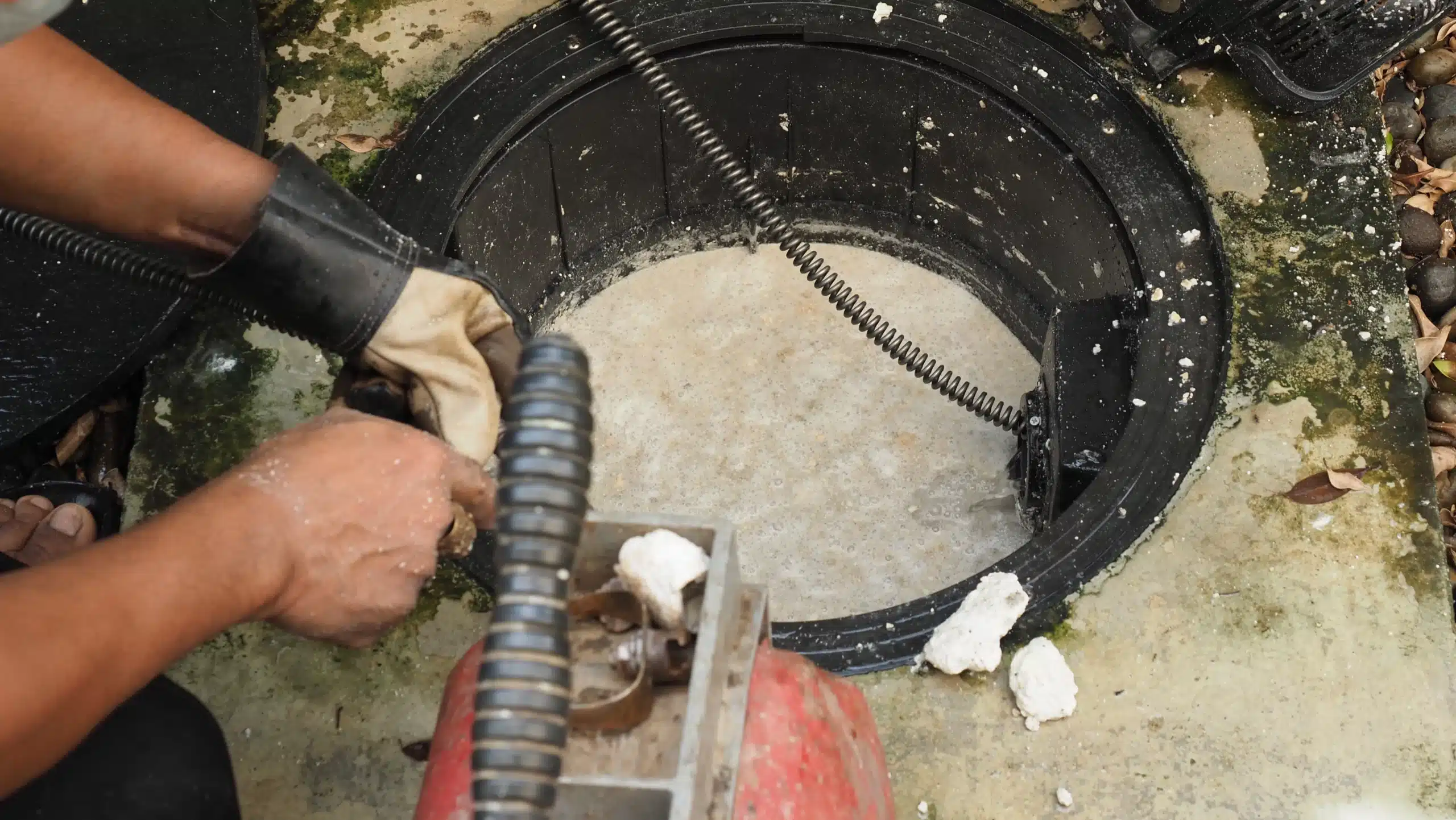Are you in the restaurant business, and it is generating tens of pounds of used cooking oil daily?
You might be happy to know that you can recycle the oil, and enjoy many benefits. Recycling your used cooking oil is beneficial for your business, for the environment and for the job market. In business, you try hard to generate more revenue, even from your “trash.”
To make the recycling process easier, it is imperative to sensitize the kitchen staff not to dump hot oil into the sink. Not only can it clog the plumbing, but this oil is going to save you money.
To recycle the oil, you need to engage a used cooking oil collection company. But first, here are the main reasons for recycling old cooking oil:
1. It is a source of extra revenue
The used cooking oil market is a multi-billion dollar industry, and if you are in a business that generates the same, there is really no reason why you should not enjoy some of the proceeds.
To have a piece of the pie, you should collect your old oil, store it and sell it. The money you get from it can boost your business. After all, this is money you are making from a product that would have gone to waste, anyway.
If there is no way to recycle the cooking oil, well, it would cost you almost $40 to pay disposal companies to collect it from your business premises.
But now, you will be paid for the used oil, and the collecting company like Grease Collection will come for it at your business premises.
2. It is very manageable and clean
If your restaurant fryers generate tens of pounds of used oil daily, that is really a lot to handle on your own!
Thankfully, you don’t need to handle anything. All you need to do is get the kitchen staff to let the oil cool down, and then pour it in the designated containers and lock them.
After that, the cooking oil recycling company is going to collect the oil and leave you more empty containers. Remember, they are buying the old cooking oil from you, and they are leaving you their storage containers. This is like having your cake and eating it.
The containers for holding the oil are clean, and they have airtight covers to keep the odor contained. This is easier than trying to manage your waste oil on your own, because it would be all over the place.
3. It creates employment
Recycling is a big business, employing millions of people across the nation. A good chunk of these employees works in the used oil recycling industry.
Most of the used cooking oil is converted to biodiesel. This is a long process that requires chemical engineers, factory workers, and many other people. The oil recycling industry employs many people directly and indirectly. Some of the people employed directly are engineers, sales people, marketers, drivers, clerks, and many others.
As biodiesel keeps getting adopted by many people in different sectors, the demand for the old cooking oil grows. Even with the coming of age of electric engines, internal combustion engines will still remain around for a long time. Therefore, the demand for biodiesel will keep growing.
Today, this alternative fuel is used in agricultural machinery, trucks, and buses to name but a few. It is also used in the generation of electricity, running generators, and so on.
4. Best for your plumbing system
Your kitchen staff should not pour hit oil down the kitchen sinks, even if it will be captured in the grease trap. Rather, they should pour all the oil in the designated containers, where it will wait for collection by the recycling company.
If most of the oil is poured into the kitchen sink, many things will happen. First, it will cool down as soon as it comes into contact with the cold pipes. Gradually, it will form layers inside the pipes, until there is only a small space remaining to allow the water to pass. This will eventually cause blockage, and you will have to hire a plumber to unclog it.
Secondly, the oil will go to the grease trap and as a result, it will fill up fast. This is going to cost more money as you will need to pump it more often.
Thirdly, there will be a higher risk of the oil finding its way into the sewerage systems. If the authorities find out, you could be penalized. You could also face closure and loss of business, as well as penalties.
5. It’s easier to maintain hygiene around your business facility
Nothing attracts rodents and breeds bacteria faster than used oil. This happens because it contains food particles. If you are in a business that generates lots of this oil, it will be challenging to keep the place clean because oil mixes with dust and other debris easily to form sticky grease.
Food businesses are very sensitive, and you do not want to be termed as the source of food-borne disease. If your customers lose their trust in you, it will be hard for you to regain it. Dirty premises, foul odor from the old cooking oil, and bacteria are some of the reasons why customers lose trust in a food establishment.
One of the surest ways to maintain the trust of your customers is to keep a clean environment. This is only possible if you contract used cooking oil collection services to collect the used oil regularly before it piles up.
6. It is good for the environment
If no used cooking oil is getting to the landfills, it means there is less risk of it finding its way to the water.
Another way that recycling cooking oil helps the environment is that by the creation of biodiesel, there is less usage of the fossil fuels, and less emissions that harm the ozone.
As biodiesel becomes more accepted into mainstream use, there will be less greenhouse gases emissions.
As you can see, recycling the old cooking oil has multiple benefits for you, because you earn money, keep the premises clean, and at the same time, you do Mother Nature one good turn. It is quite rewarding.
Conclusion
Even if there was no direct financial gain for you, recycling cooking oil generated by your food business would still be more beneficial than handling its disposal.
While you have direct employees that depend on your business, you get another opportunity to create more employment, by recycling the oil.
There is absolutely nothing to lose by recycling your used cooking oil, but there is everything to gain.
Must Read: How to Choose a Used Cooking Oil Recycling Company?


